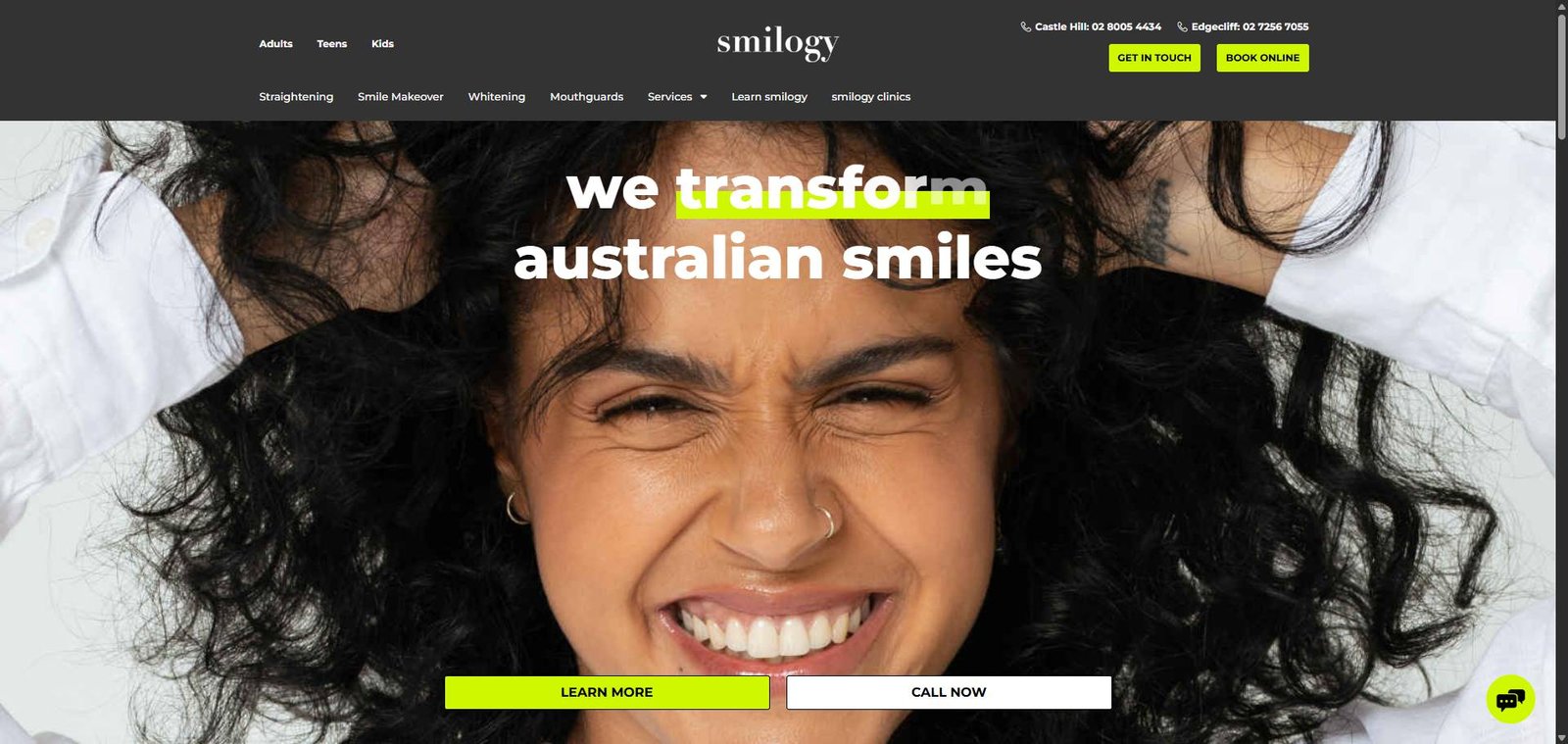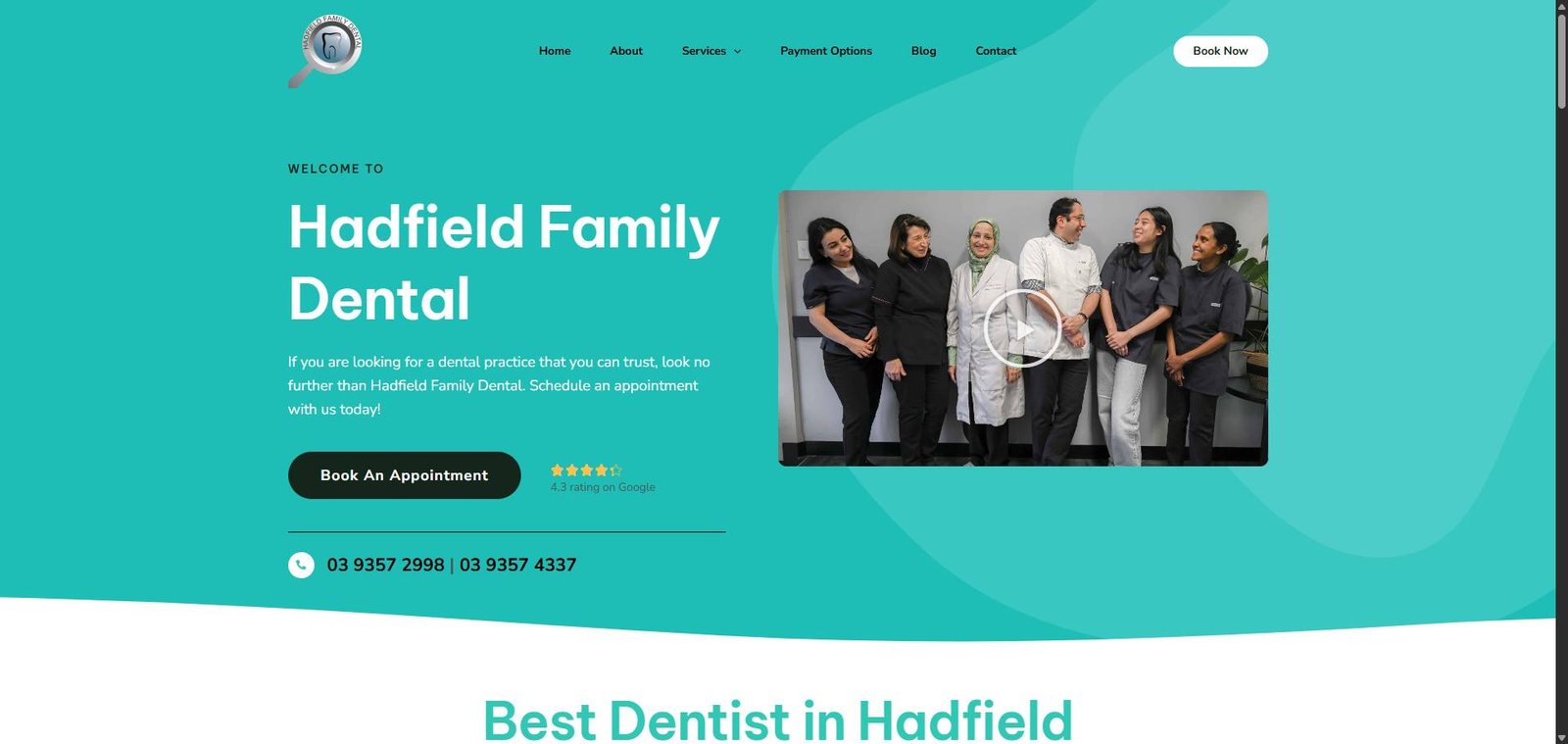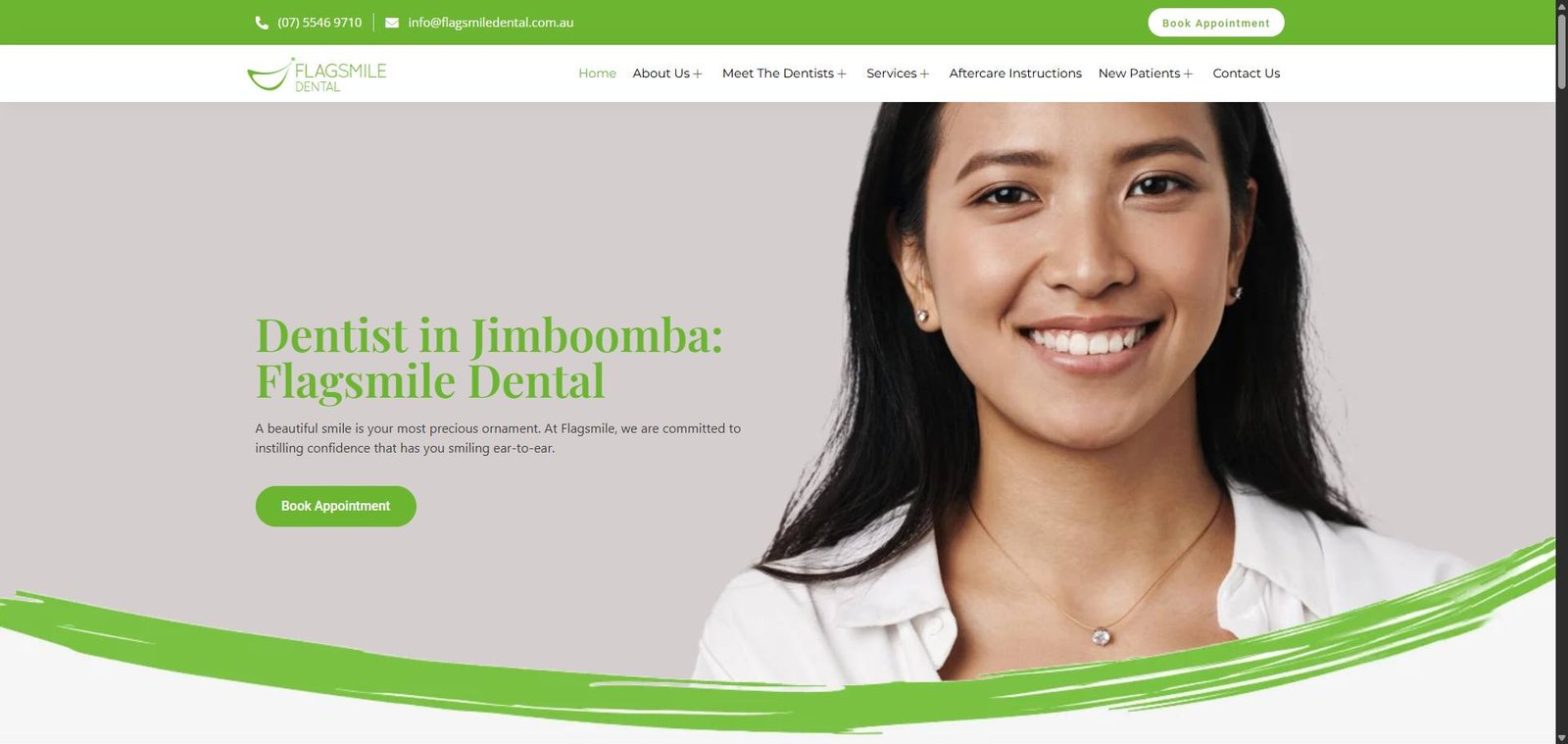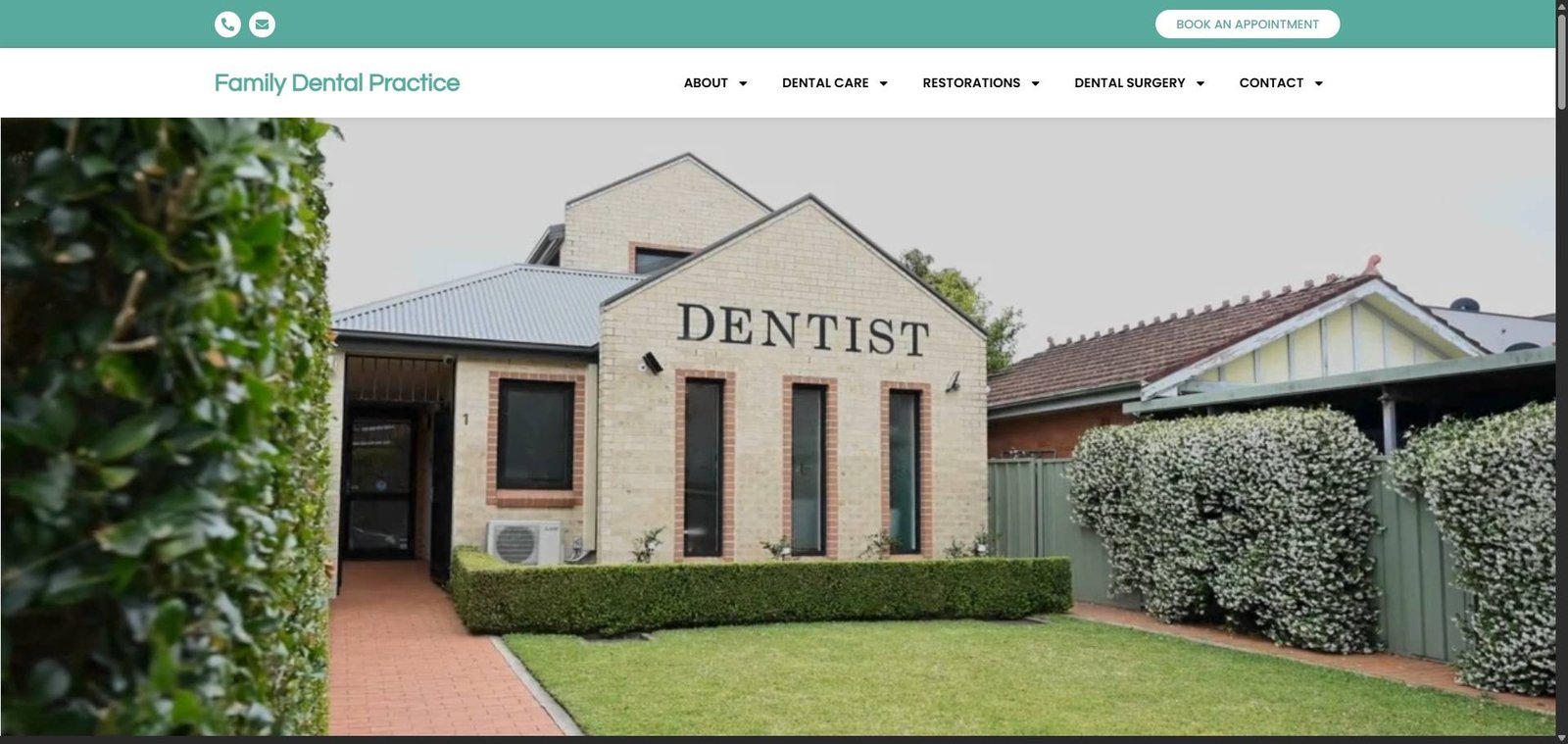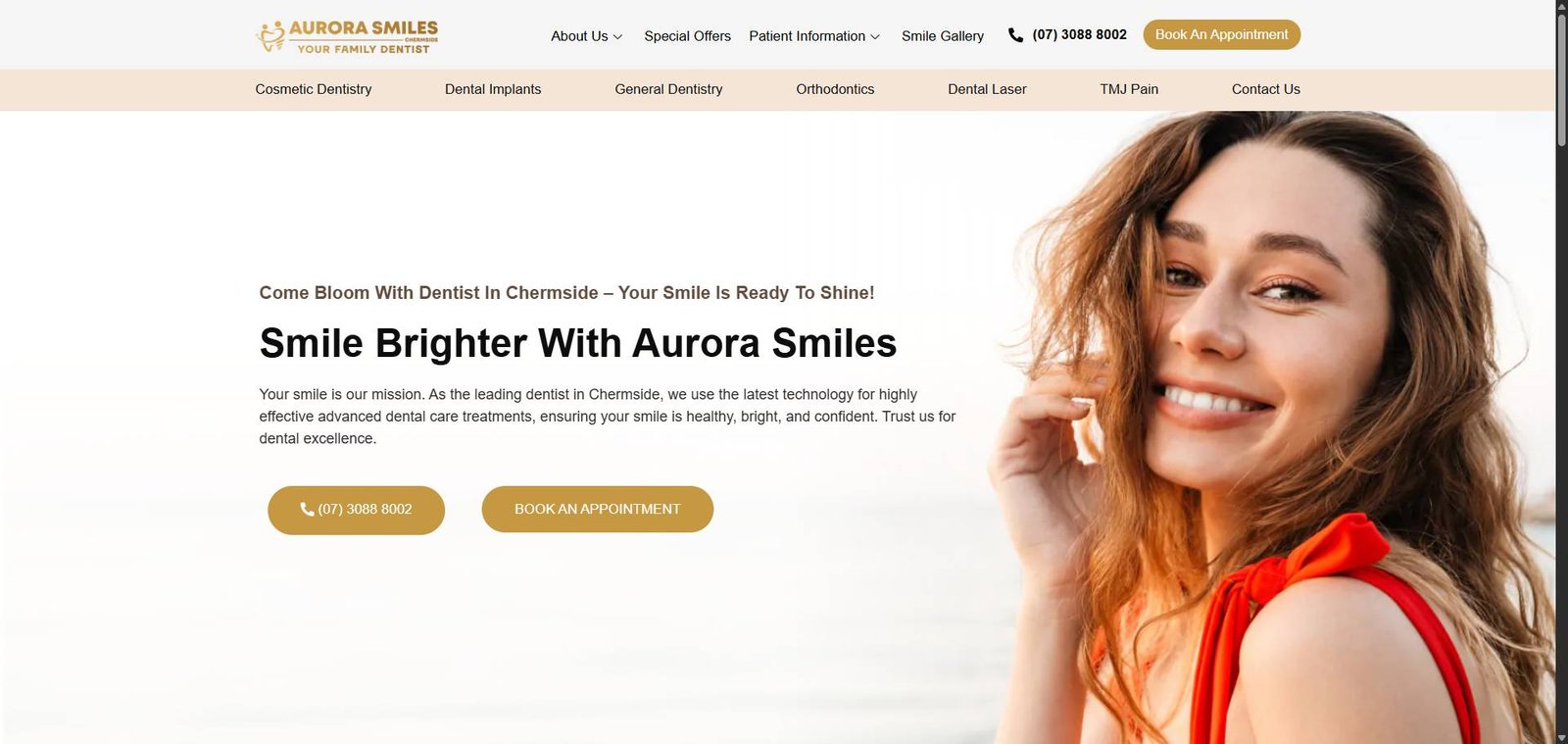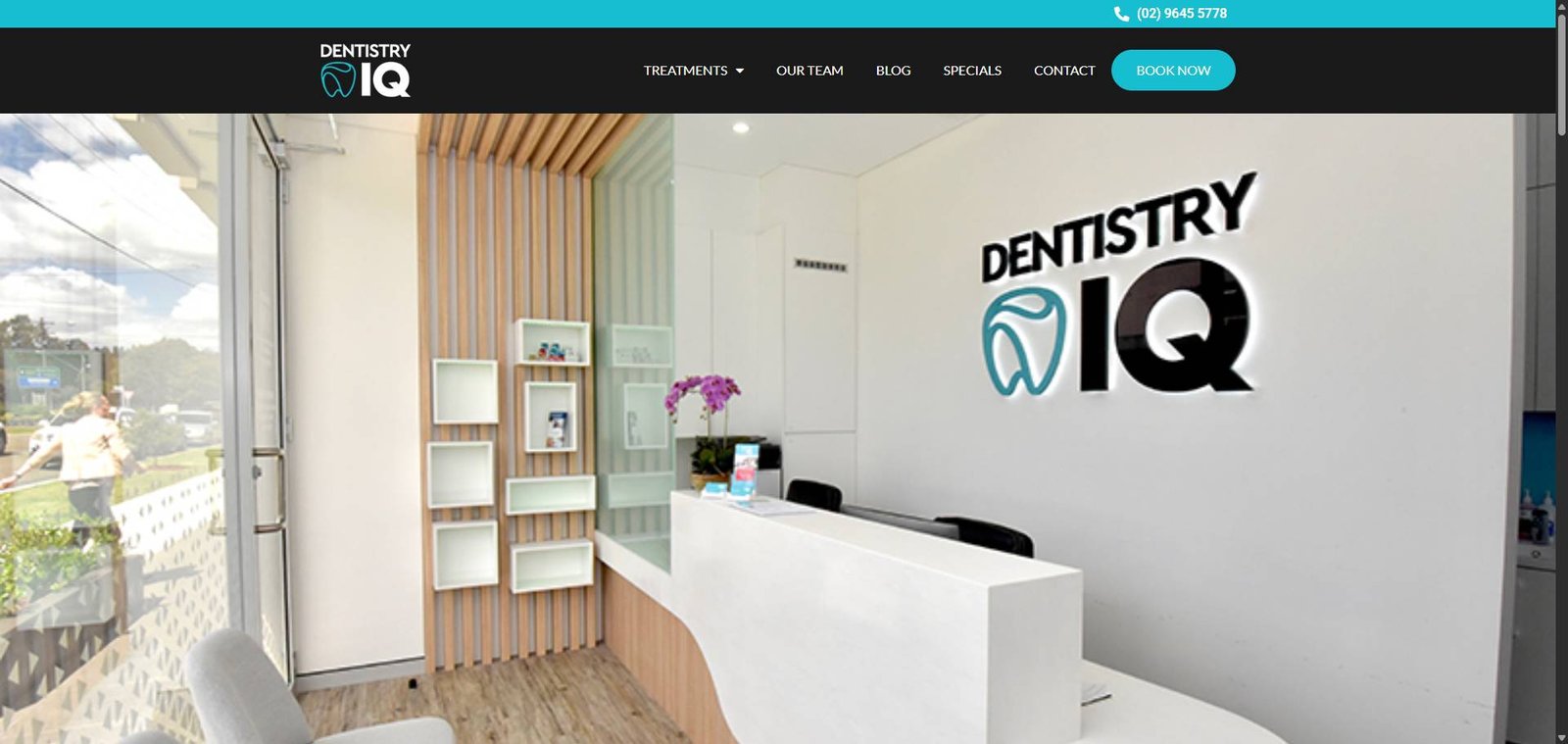The UAE has a clear goal for the future. By 2030, cities like Dubai and Abu Dhabi aim to become global leaders in smart living. This means better use of data, stronger infrastructure, and services that work for everyone. As the country builds this future, digital marketing plays a growing role. It’s not just about promoting a product anymore. It’s about connecting people with the right information and services at the right time. As a business leader in the UAE, you need to stay ahead of digital marketing trends. In 2025, you will see new strategies evolve across digital marketing agencies, SEO agencies, PPC agencies, content marketing agencies, and even web design and branding agencies. These trends will help you connect with your audience, drive growth, and stand out in a fast-paced market.
What is a Smart City?
A smart city uses technology to improve how a city runs and how people live. It involves things like sensors, data platforms, and AI-powered tools to manage energy, traffic, waste, and services. In the UAE, this also means stronger digital platforms for public services, safer streets, and better mobility options.
Cities like Dubai and Abu Dhabi already use apps like Dubai Now and TAMM to help residents handle tasks like paying bills or reporting issues. These platforms depend on public awareness and usage—two things that digital marketing supports.
The UAE’s Vision 2030: Digital Ambitions
UAE Vision 2030 focuses on building a knowledge-based economy, and digital tools are key to that. Innovation, smart infrastructure, and private sector collaboration are central to the plan. Programs like Dubai’s Smart City initiative and Abu Dhabi Digital Authority aim to build a city where services are simple, fast, and paperless.
To support this, the government is working with telecoms like Etisalat Digital and other tech partners to build better data centers, AI systems, and service platforms. These efforts need digital marketing to reach the people who will use them.
How Digital Marketing Fuels Smart City Growth
Smart cities need more than good tech—they need people to use it. That’s where digital marketing comes in. It helps explain how new services work, why they matter, and how to access them.
Digital marketing helps:
Build trust by showing real feedback and reviews
Share updates on services using email, social media, and paid ads
Personalize content for different audiences (locals, expats, tourists)
It’s not just for government platforms either. Private companies offering smart home tools, energy solutions, and mobility services also use digital channels to grow.
Digital Marketing Strategies Aligned with Smart City Goals
To support smart city projects, marketing must use smart strategies. That means:
Data-based targeting: Using audience data to send the right message to the right person
Real-time communication: Chatbots, WhatsApp, email automation, and mobile push alerts
Programmatic ads: Automatic ad buying based on behavior and interests
App and platform marketing: Promoting usage of civic apps and digital kiosks
Government teams and private brands alike are using platforms like HubSpot, Salesforce, and local CRM tools to manage these campaigns.
UAE-Specific Trends in Digital Marketing Supporting Smart Cities

The UAE has a unique mix of cultures, languages, and behaviors. This shapes how digital marketing works here.
Arabic voice search is on the rise. People ask smart devices in Arabic, so your content and keywords must match.
Multilingual content is a must. English, Arabic, Hindi, and more are used daily.
Influencer marketing is strong. Government campaigns often feature trusted local voices. Read more on how influencers are changing consumer behavior in 2025.
5G geotargeting helps serve location-based ads for services like transport, health, or events.
For a deeper look at these changes, see our post on digital marketing trends in the UAE for 2025.
Case Studies
Dubai Digital Campaigns: Campaigns for the Dubai Now app used videos and carousel ads on Instagram and Snapchat to show how fast and easy public services could be.
TAMM in Abu Dhabi: The platform saw better adoption after targeted Facebook campaigns and YouTube explainers focused on common pain points, like renewing documents or paying traffic fines.
Expo 2020: Influencer and digital ad campaigns were key in building interest in tech zones and sustainability initiatives during the event.
Challenges and Ethical Considerations
With more data comes more responsibility. Digital marketers need to:
Ask for clear consent before collecting personal data
Avoid spreading wrong or confusing information
Make sure content works for all ages and income levels
Cybersecurity laws in the UAE are becoming stricter to protect people online. If you manage campaigns or websites, you’ll want to review UAE’s new cybersecurity laws for 2025.
Future of Digital Marketing in UAE’s Smart Cities
Looking ahead, digital marketing will focus even more on:
AI content tools that adjust based on user behavior
Personalized citizen services through push notifications and app alerts
Smart digital displays in public spaces
Augmented reality to guide people through services or events
AI is already changing how campaigns are built and optimized. Learn more from our piece on AI reshaping on-page SEO in the UAE.
Final Thoughts
As the UAE moves toward its 2030 vision, smart cities will need smart communication. That means using digital marketing to keep people informed, engaged, and connected. Whether you’re a government team, a tech company, or a service provider, your message needs to be clear, timely, and useful.
Marketing in a smart city isn’t just about ads—it’s about building trust in new services, helping people use digital tools, and supporting progress.
FAQs: Role of Digital Marketing in UAE’s Smart City Vision 2030
Smart cities run on data and interaction. Digital marketing helps promote those services and keep people updated.
It provides personalized updates, clear instructions, and timely information through channels people already use—like WhatsApp, YouTube, and mobile apps.
Yes. Government entities use Instagram, X, and Snapchat to share public service messages and respond to user feedback.
CRMs like Salesforce, analytics tools, and campaign platforms like Meta Ads and Google Ads are widely used.
Voice search, multilingual SEO, AI content, influencer campaigns, and real-time location-based messaging will all play a role.


